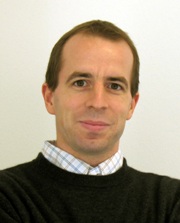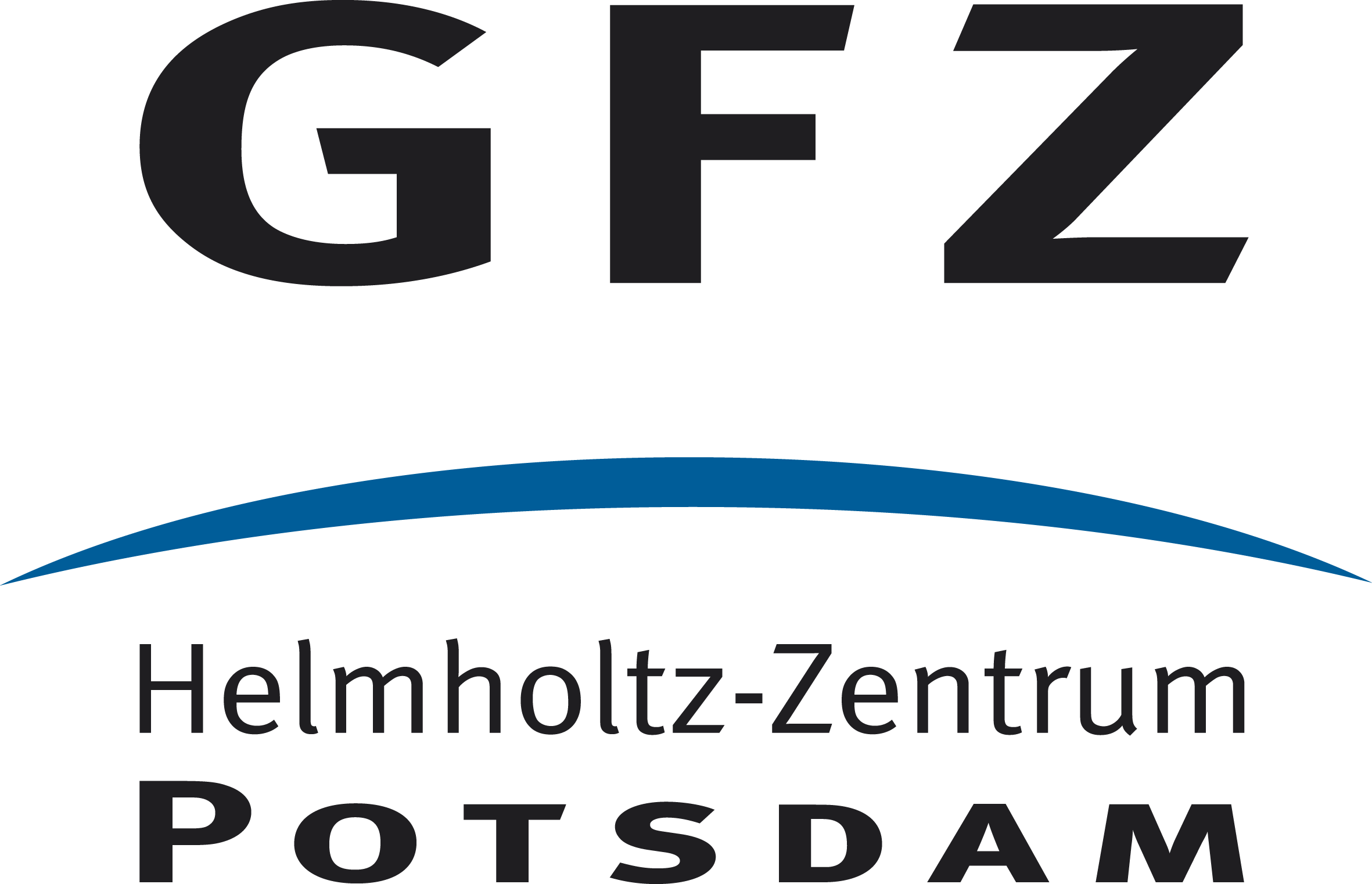Abstract: The elevation history of the Earth’s surface, and large orogens in particular, reflects the competing roles of geodynamic processes in crust and mantle as well as erosion. At the same time, mountains host a substantial proportion of the world’s species and the long-term surface elevation history of orogens not only affects local but also global climatic conditions. Recovering the timing and rates of Earth’s surface processes, therefore, directly links to patterns of biomes and biodiversity at the interface of atmospheric and geodynamic processes. Here I present stable and clumped isotope (D47) approaches to identify the interactions of regional surface uplift and climate change on paleo-environmental conditions. Given the rapid technological advances in modeling, (geochemical) proxy and phylogenetic approaches, understanding the interactions among biodiversity and Earth surface processes will develop into a key opportunity for the geological and biological sciences.
Additional information:
After the talk, we'll go to lunch together in the canteen for further discussion.
The Earth Surface Dynamics seminar series aims to bring together the broad range of researchers on Telegrafenberg looking at Earth surface processes, e.g., hydrology, earth surface geochemistry, geobiology, geochemical/carbon cycling, geomorphology, etc. roughly once a month. The goal for these talks is to be broad and accessible and deal with big, global topics, so that non-experts and specialists alike can find them enlightening. If you would like to take part in the organizing of this seminar, please get in touch.
Please also mark in your calendars the next ESD seminar: Dirk Schulze-Makuch (TU Berlin/GFZ Potsdam), on February 10, 12:00, Haus H, Main Lecture Hall.




